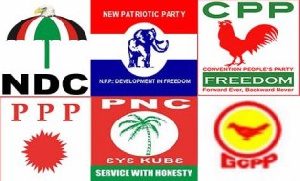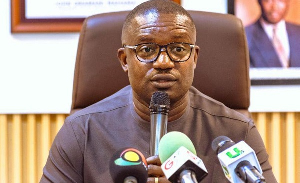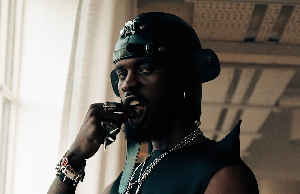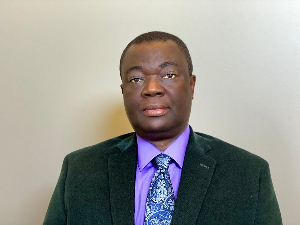Political parties in the country have cast doubt on the Electoral Commission’s (EC) ability to implement reforms following the challenges which confronted the 2012 polls.
The Commission has come under criticisms by some political for its inability to deal effectively with some of the problems that bedevilled the elections, that some argue, could have been avoided.
Speaking to Joy News on the sidelines of a workshop to discuss proposals for electoral reforms, some representatives of the political parties say the EC cannot be trusted to effectively carry out the reforms.
MP for Manhyia South, Dr Matthew Opoku Prepmeh, who spoke for the New Patriotic Party, observed experience has shown that the Commission is not amenable to change.
He recalled that in 2005 some members of the then opposition National Democratic Congress went to the Supreme Court to compel the EC to publish polling stations results in the 2004 general elections. Even though the case was thrown out, he said, for the sake of “transparency, fairness, and accuracy” the EC should have concerted and published the results.
If the EC had cooperated with the NDC, a major political party, publishing the polling station results for the 2012 general elections would not have been a problem. This, among others, he said shows that the EC is “resistant to true reforms”.
On his part, the NDC’s Kofi Portuphy said the EC must open up to the parties to build confidence in its ability to carry out the reforms.
He observed that the EC has over the years been reluctant to reason with political parties on “critical matters”. He also wants “reengineering” of the Commission’s system of operation as well as staff.
Chairman of People’s National Convention Alhaji Ahmed Ramadan criticized the EC for not displaying neutrality in some cases.
He accused the EC of throwing its weight behind one of the parties – respondent – in the landmark 2012 presidential election petition heard by the Supreme Court, which he said put the EC in a “compromised” position.
He also accused the EC of exhibiting a “certain level of reluctance” towards political parties.
But Director of Public Affairs for EC, Christian Owusu Parry has vehemently refuted the concerns raised by the parties who are accusing the EC of not cooperating with them.
He said the EC has always collaborated with the political parties and implemented their suggestions which are in tandem with the regulations governing its operations. He cited the biometric registration and biometric voting as clear cases in point where the EC accepted and worked with proposals from the parties.
He said the idea of inter party advisory committee (I-PAC) was suggested by the political parties in 1994. He said the EC bought the idea and has since “worked together” as a team with the parties and “respected” as a major stakeholder, and “never treated them with contempt”.
“I don’t know any other thing that will build more confidence than this,” Mr Parry said.
General News of Monday, 14 October 2013
Source: Joy Online













